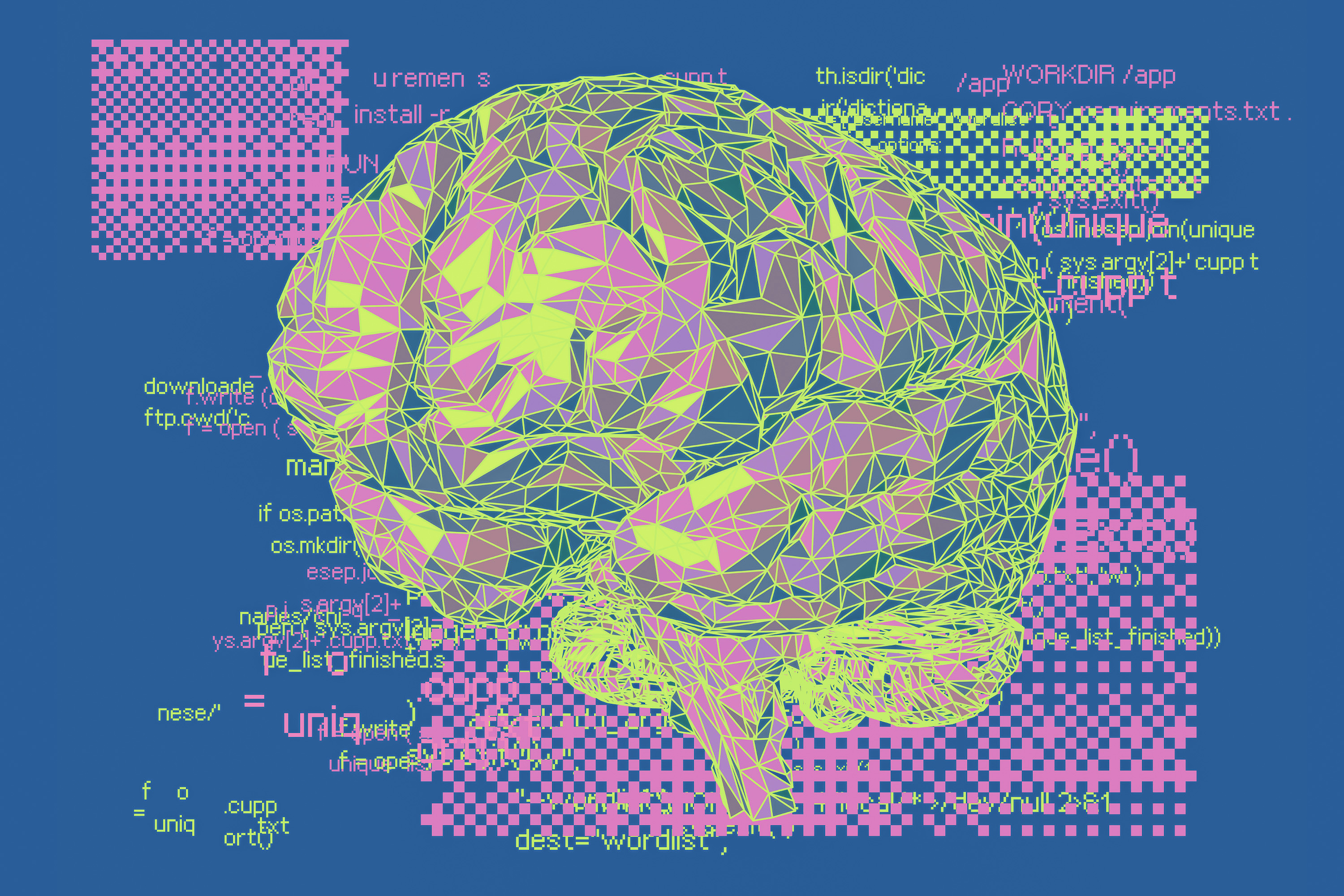
As a significant new step in the development of AI, considering its transformative power, ChatGPT raises questions about the nature of coming technological evolution: How will artificial intelligence further develop? Will it come to outcompete humans, and if so, how? More than that, we’re led to speculate once again about the potential role of technologies in the evolution of biology or the living world.
Finding suitable as well as clear-cut definitions of “life” has so far been problematic. For example, viruses do not make the cut with some definitions while they are clearly forms of life. But a strategy that has been very successful and dominant is that of defining life in terms of information. Building on Erwin Schrödinger’s definition of life containing a code-script and on Watson and Crick's discovery of the DNA helix, we entered a geno-centric paradigm in which life was primarily seen as information, with genes as bearers of that information.
Artificial intelligence might well be linked to this information view on life in the sense that it blurs the distinction between biology and technology. AI seems to be going through an evolutionary process, it is also evolving in terms of information bearing and processing qualities. Why not see AI as a next step in biological evolution?
This is an idea that has been explored by many, even by Dan Brown in his popular novel Origin. With the developments surrounding ChatGPT, it is again being voiced by many. For instance, a recent Noema Magazine essay titled “AI is life”, states that “The emergence of artificial intelligences and planetary-scale data and computation can be seen as an evolutionary progression — a biosphere becoming a technosphere.” According to the article, humans are information systems that are not at the top of a hierarchy of information systems anymore.
The problem with this line of thought is that we have often looked at (rather simple, mechanistic reductionist) technology to understand life. The human body has long been understood in a Cartesian way as a machine, steered and directed top-down by the brain, animals are still mostly seen as production vessels for human ends, and microbes tweaked for production are called “cell factories”. The idea of a clear hierarchy of systems is also imposed on the natural world by humans and seems to be limited, considering tendencies of symbiotic interaction and decentralization in biology. As long as we keep projecting our own mechanistic, reductionist ideas on “life” or on biological-technological evolution, we will never be able to fully grasp it. Even if AI can be considered a part in the evolutionary trajectory of biology, it will never be the only part.
While we tend to technomorphize life forms, the question really is how to broaden our understanding of non-human life forms and artificial forms of intelligence, as the author James Bridle helps us to imagine in his book Ways of Being by discussing examples of plant intelligence, animal intelligence and peculiar forms of machine intelligence to complement our ideas about what can mostly be considered “corporate AI”.
